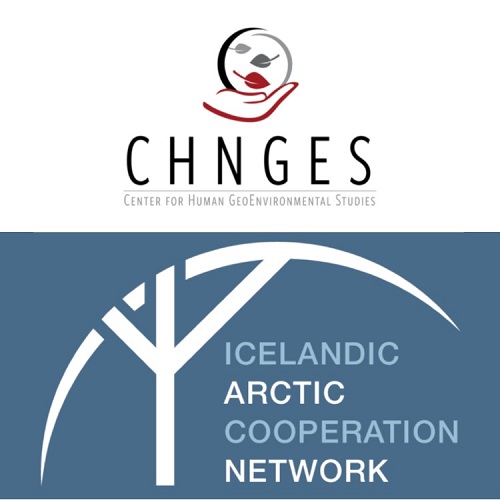WKU News
WKU CHNGES Student Completes International Internship and Researches Carbon Footprint of an Upcoming International Arctic Conference
- Leslie North, PhD
- Thursday, July 13th, 2017

Audrey Alexander, a senior in Western Kentucky University’s Center for Human GeoEnvironmental Studies (CHNGES), participated in the third annual Iceland Faculty-Led Study abroad course focusing on the realities and perspectives of climate change in Iceland.
She was given the chance to study the science of the Arctic’s changing climate through experiencing the physical, environmental communication and geographical wonders of Iceland’s unique landscape and sustainability practice. Following the course, through a partnership between CHNGES, the University of Akureyri and the Iceland Arctic Cooperation Network (IACN), Alexander extended her stay in Iceland to complete an internship and conduct research on Arctic matters. Specifically, Alexander traveled to Akureyri, Iceland, for an internship with the International Arctic Science Committee, IASC, to begin her ongoing research project on large-scale conferences carbon impacts.
Alexander and her CHNGES colleagues have partnered with IASC to calculate the carbon footprint for the upcoming Arctic Science Summit Week 2020 conference. This international conference invites attendees from across the globe to discuss Arctic matters through large sessions, science research presentations, and small group meetings. Alexander will be using the Clean Air, Cool Planet Campus Carbon Calculator to predict the carbon footprint of the conference. With a target footprint for the conference established by the conference conveners, Audrey will work with the IASC team to suggest ways to mitigate the conference’s emissions and provide guidelines for attendees. Conference conveners have a goal of becoming a near carbon neutral conference, if not fully carbon neutral. They intend to use the conference as an example for how data-driven decision-making can be used to elicit positive change with regard to carbon emissions and their impact to the Arctic region.
“Audrey’s project is an innovative use of carbon footprint calculators,” said Dr. Leslie North, associate professor of Environmental Geoscience. “This allows us the opportunity to use a calculator not for determining emissions that have already occurred, but instead for predicting what they will be and then using that information to make better decisions and alter behaviors to prevent emissions. What better conference to be among the pioneers of this quantitative approach to planning than an environmental conference set to take place in the Arctic.”
For information, contact Dr. Leslie North at leslie.north@wku.edu and visit the CHNGES website at http://www.wkuchnges.com/home.html

